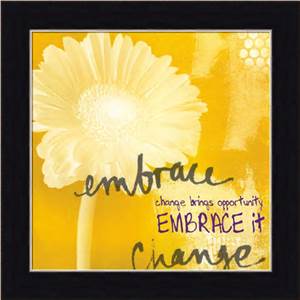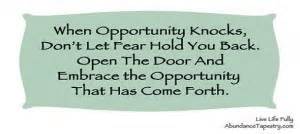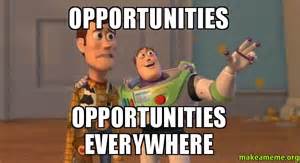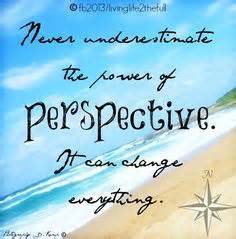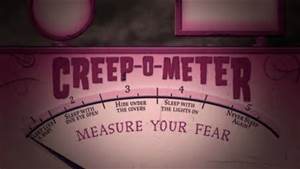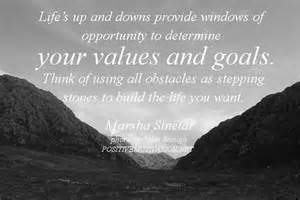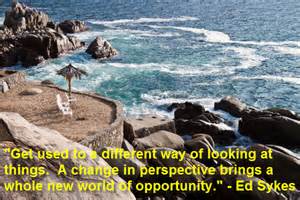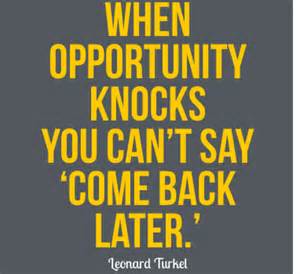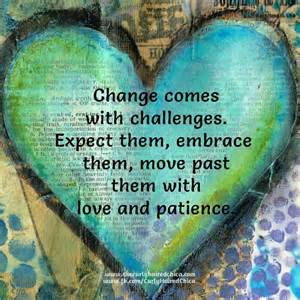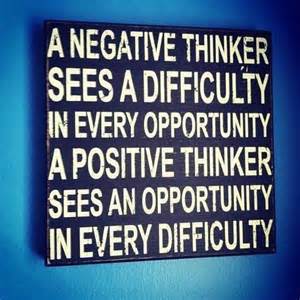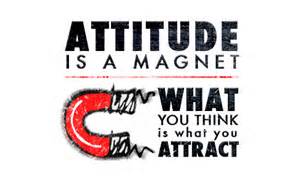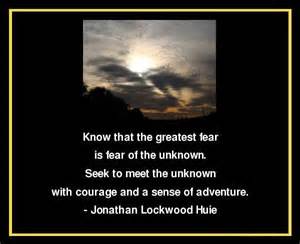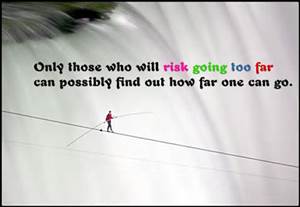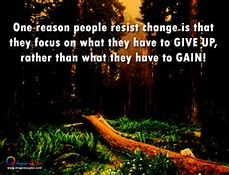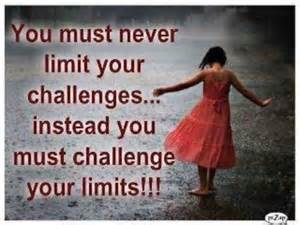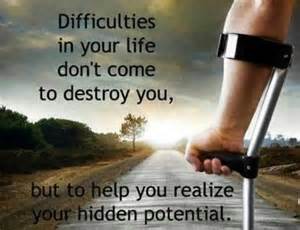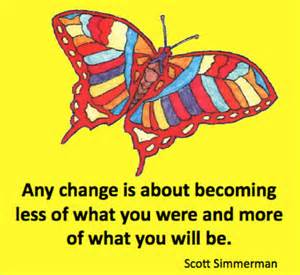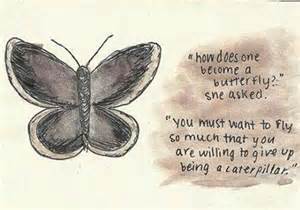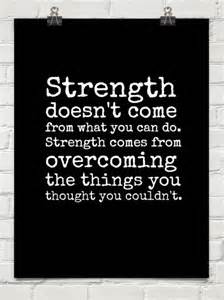
I grew up having a love affair with the United States of America’s space program. Perhaps I was caught up in all the hoopla surrounding sending people into outer space. Or perhaps it was something deeper talking to me about challenges, risks, and the unknown. Whatever it was, on May 5, 1961, when Alan B. Shepard became the first American in space and successfully piloted his Freedom 7 capsule into suborbital flight, I became hooked on space travel and all the unknowns associated with it. That love affair, that fascination, continues to this day. So, it should come as no surprise that I read with interest Scott Kelly’s memoir, Endurance: A Year in Space, a Lifetime of Discovery, which is a reflection on his 340-day experience on the International Space Station as well as a reflection on his life prior to and after becoming an astronaut.
Kelly relates how he was a terrible student in school – staring out windows or looking at the clock, waiting for class to be over.  And, he talks about how he worked as an EMT (emergency medical technician) in high school and how much he enjoyed that. His lack of interest in schoolwork continued in his early college days. That is, until he walked into a campus bookstore to buy snacks and a display with the book The Right Stuff (a 1979 book by Tom Wolfe about the pilots engaged in U.S. postwar research with experimental rocket-powered, high-speed aircraft as well as documenting the stories of the first Project Mercury astronauts selected for the NASA space program) caught his eye. He bought a copy, read it, and described it as, “This wasn’t just an exciting adventure story. This was something more like a life plan.” He goes on to say, “But what I craved about the ambulance was the excitement, the difficulty, the unknown, the risk. Here, in a book, I found something I’d thought I would never find: an ambition. I closed the book that night a different person.” (p. 11)
And, he talks about how he worked as an EMT (emergency medical technician) in high school and how much he enjoyed that. His lack of interest in schoolwork continued in his early college days. That is, until he walked into a campus bookstore to buy snacks and a display with the book The Right Stuff (a 1979 book by Tom Wolfe about the pilots engaged in U.S. postwar research with experimental rocket-powered, high-speed aircraft as well as documenting the stories of the first Project Mercury astronauts selected for the NASA space program) caught his eye. He bought a copy, read it, and described it as, “This wasn’t just an exciting adventure story. This was something more like a life plan.” He goes on to say, “But what I craved about the ambulance was the excitement, the difficulty, the unknown, the risk. Here, in a book, I found something I’d thought I would never find: an ambition. I closed the book that night a different person.” (p. 11)

Something happened way back in 1961 that, to this day, influences how I view and I deal with change. Perhaps it was growing up with the excitement of the burgeoning space era; perhaps watching live telecasts of launches and splash downs of space capsules (and then landings of shuttles); or perhaps having “the right stuff” awakened in a young child – thriving on change, conquering unknowns, overcoming challenges, taking risks to make dreams come true. Whatever it was, my love affair with the space program has blossomed into a love affair with successfully managing change.

So, this week, let’s look at some of “the right stuff” (most of which is highlighted by Kelly in his book) associated with managing change. These include the ability to:
 Welcome change. The classical Greek philosopher Socrates said, “The secret of change is to focus all of your energy not on fighting the old, but on building the new!” These words serve as the foundation for the “right stuff” for managing change. A willingness to face the change head on and build upon it is paramount to successfully managing change.
Welcome change. The classical Greek philosopher Socrates said, “The secret of change is to focus all of your energy not on fighting the old, but on building the new!” These words serve as the foundation for the “right stuff” for managing change. A willingness to face the change head on and build upon it is paramount to successfully managing change.
Embrace change. To embrace change means we are accepting of it. And in accepting it, we find ways to deal with it. We look at how whatever has changed can enhance us or we can enhance what has changed. Even when the change is considered to be an inconvenience, when we embrace it, we look for the possibilities in it and seeking possibilities is part of the “right stuff.”
Control response and attitude. Those who successfully navigate life’s most challenging circumstances understand that it is their reaction to the events and circumstances that shapes their feelings, actions, and results. Brian Tracy tells us, “You cannot control what happens to you, but you can control your attitude toward what happens to you, and in that, you will be mastering change rather than allowing it to master you.” Our response will define our quality of life (paralyzed and immobilized; negative and unhappy, or positive and making the best of everything). Do not let what happens dictate the response. With the “right stuff,” we take control of our attitude which in turn controls the direction of our response.

Take calculated risks. Taking risks involves doing something that helps achieve a desired solution but in which there is a lack of certainty about the outcome and/or a fear of failure (sums up the space program nicely). When change and transition alter the course of our journey and a new route must be tried, there is a certain amount of risk involved when traveling down the unknown route. Instead of curling up in the safety of our comfort zone, we must be bold and step up the challenge. T.S. Eliot said, “Only those who will risk going too far can possibly find out how far one can go.” Those with the “right stuff” are not afraid to take calculated risks to reach a goal.

Set goals. Goals are our plans for the future. They are what we are trying to achieve. When we set goals, we determine what result we want and then we put forth effort to achieve that result. Our goals give us possibilities. And, when change that we don’t particularly want enters our life, having possibilities for the future helps us deal with that change. (Without goals, space exploration – and certainly landing on the moon before 1970 or the International Space Station – would never have happened.) Setting goals helps fuel the “right stuff.”

Thrive on challenge. Things that are difficult for us to do are challenges. Dealing with some change, especially that which is sudden or unexpected, presents a great challenge to most. With the “right stuff,” we look for the opportunities within the situation; the challenge. We find a sense of purpose within or from the situation.

Be adventuresome. An adventure is an unusual or exciting experience. Juliet Marillier (a New Zealand-born writer of fantasy, focusing predominantly on historical fantasy) tells us, “Don’t you long for something different to happen, something so exciting and new it carries you along with it like a great tide, something that lets your life blaze and burn so the whole world can see it?”

Be persistent. Persistence is dogged determination, tenacity, and perseverance. It is the ability to keep on going no matter what one may be facing or how one feels about the situation. Persistence helps us maintain action and helps us produce results. While there may be comfort for us in the past or the old, we can’t get rooted in it. We need to be able to continually move forward despite the difficulties created by the change. Persistence helps us become resolute in doing this; it gives us the resolve to go on; it provides the drive.

Have endurance. Endurance is the ability to withstand hardship or stress; it is staying the course no matter how tough while working through challenges. Both physical and mental endurance are important in managing change. We train or teach ourselves to never quit; we are like Energizer bunnies – we keep on going and going and going…

Think positive. Louise Hay, author of The Power is Within You, has said, “You are not a helpless victim of your own thoughts, but rather a master of your own mind.” As masters of our own minds, I believe it is beneficial for us to think positive when times and situations are challenging. If we think positive we think something is attainable, workable, and achievable. We focus our attention and thoughts on positive outcomes We empower ourselves to greet each day with a positive outlook making our days brighter, focus on constructive approaches to deal with issues, view challenges and obstacles as opportunities, and find the good, the positive in what we face.

We all have the “right stuff” within us. It is how we bring it to the surface and use it that makes the difference in how we view and manage change. The next time change knocks us off course, we need to consider putting our “right stuff” into action.

 (I highly encourage the reading of Kelly’s Endurance especially to see how he used his personal storehouse of “right stuff” attributes to become an astronaut and successfully deal with the challenges encountered on his 340 days in space.)
(I highly encourage the reading of Kelly’s Endurance especially to see how he used his personal storehouse of “right stuff” attributes to become an astronaut and successfully deal with the challenges encountered on his 340 days in space.)











